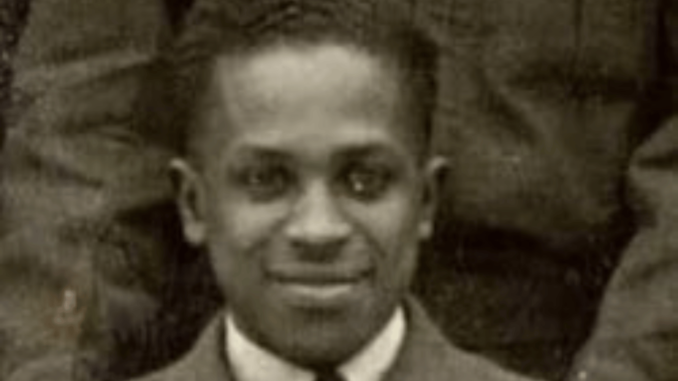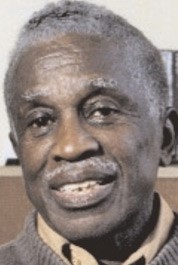
If you ever wondered why there were so few Black Canadian soldiers enlisted in the Royal Canadian Air Force and Royal Canadian Navy in WWII there is a reason. This was because of the infamous “Colour Line” a military enlistment policy of 1939 which declared that those who wished to enlist in the RCAF or RCN had to be British and of pure European descent. While the military recruitment forms did not list race on the enlistment papers, the recruitment process at the time was designed to prevent Black Canadians and other races from enlisting.
Black Canadians were eager to enlist and fight against the Nazis because of the Nazi belief in the inferiority of anyone not of Aryan descent. Many Black Canadians believed service in the military would also be a path to equality in Canadian society. In 1940, parliamentarians questioned why the Department of National Defense refused hundreds of capable men from serving.
Despite these requests from Parliament in July 1940, Wing Commander H. P. Crabb released an Air Force Manning Order on August 6, 1940 which stressed to staff at Recruiting Centres to emphasize that any Canadian born applicant had the privilege of submitting an application. Recruiters, however, were to let Black Canadian born applicants know that they lacked the necessary qualifications to serve. In the Air Force, this “Colour Line” policy continued until 1942 and until 1943 in the Navy.
Alvin Duncan was born February 27, 1913, a descendant of slaves who fled from the United States. He grew up in Oakville, Ontario, and was almost denied the opportunity to serve. Already enrolled in the militia with The Lorne Scots and with experience in radio technology because of his education, Duncan attempted to enlist with the RCAF in Toronto in 1940. He was told that he had failed the trade tests. He took the same test again in Hamilton the next day. He passed the test and was welcomed into the RCAF. However, the medical officer told Duncan that he could not serve because his heart was on the wrong side. Duncan had to bring in his commanding officer to argue on his behalf. After this meeting, Duncan was accepted into the RCAF because, as Duncan recalled, “my heart was in the right spot, I guess.”
As a member of the Air Force, he went on to serve throughout the war as a radar mechanic in Northern Ireland monitoring ship activity in the North Atlantic. While 5,000 Canadians worked with radar in WWII only two others were Black airmen besides Duncan, Samuel Eastwick and Lincoln Alexander.

After the war, Alvin Duncan worked at Avro Canada until the plant closed in 1959. He then opened a TV repair business. An avid historian, Duncan was involved in the Ontario Black History Society and donated his collection of archival paper and artifacts to the Oakville Museum for display. Alvin B. Aberdeen Duncan passed away at the age of 95 in 2009.
Karen Young, Museum Manager
